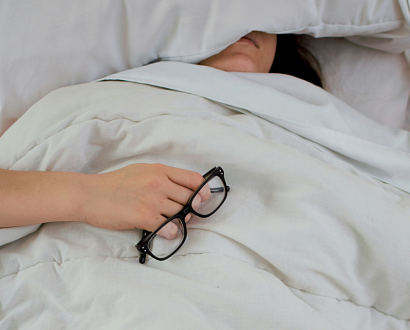Some people struggle to understand others who need at least 8 hours of sleep a night or who say they love to sleep.
On the other hand, the 8-hour sleepers can’t understand how some can operate effectively on less than half of what they are getting. Maybe placebo sleep is the answer.
Strong research indicates the positive health benefits of getting enough sleep, but it’s interesting to consider why great leaders can function successfully on only a few hours’ sleep and how to think differently about getting ‘enough’ sleep.
2 ways to think differently about sleep
- Stop getting stressed about not being able to sleep. Instead of laying there worrying about not getting enough rest, why not think about the things you could do with this ‘spare’ time? Things that you don’t get a chance for in your busy work day—listening to music, watching a movie, catching a dawn walk or surf. Accepting that it’s okay not to sleep for 8 hours helps you relax and feel better when the sun comes up.
- Tell yourself you’ve had enough sleep. It’s easy work yourself into a state about how many hours sleep you’ll get and stress about not feeling good the next day. However, if you tell yourself that no matter how many hours are left it is always enough to ensure you wake up fresh and ready to go. Surprisingly, this seems to work for some people.
Placebo sleep
An article published in the Journal of Experimental Psychology: Learning, Memory and Cognition provides research to why this seems to work.
The study examined how the placebo effect can have a positive impact beyond studies associated with pharmaceutical drugs to that of the quality of sleep and its impact on cognitive functioning.
Participants were given a short presentation on how quality sleep is essential for cognitive functioning and then were hooked up to a machine that measured sleep. A machine that doesn’t exist.
The following morning the volunteers were randomly split into 2 groups and told either they had above average quality sleep or below average quality sleep. All participants were then given a test that measured their information processing speed.
Those who were told they had below average sleep performed poorly compared to those who were told they had above average sleep. An interesting addition to this was there was no correlation between scores based on self-reported sleep quality. It was surprising that the level of sleep quality as indicated by the researchers had a greater impact than self-reported sleep quality as a predictor of the participants’ scores.
It’s not suggested that we reduce the sleep we get and simply tell ourselves that we slept well, nor if you are having long-term sleep issues that you don’t seek medical assistance. Rather, if on the odd occasion that you have a poor night’s sleep that instead of telling yourself, as a result, its going to be a difficult day, try the researchers’ hypothesis—placebo sleep—that mindset has a significant influence on your cognitive state, and have a great day.







